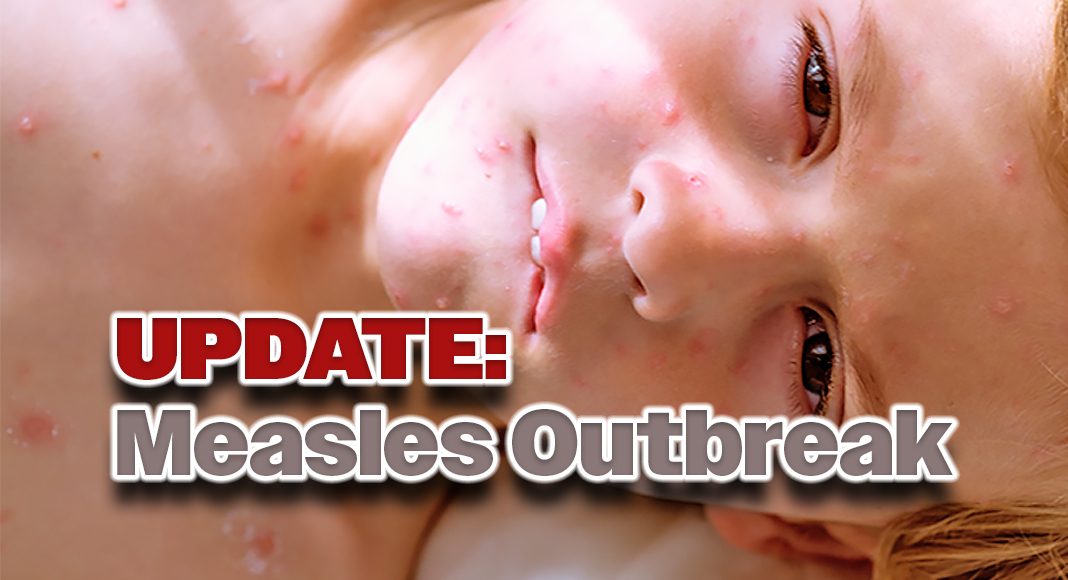
Mega Doctor News
Mega Doctor News
As of February 18, 2025, the Texas Department of State Health Services (DSHS) has confirmed a significant measles outbreak in the South Plains region, marking the state’s most severe outbreak in nearly three decades. With 58 reported cases, the virus has rapidly spread since the initial cases were identified in Gaines County on January 29. Neighboring counties, including Terry, Yoakum, Lubbock, and Lynn, have also reported cases, signaling a growing public health concern.
Gaines County has been hit hardest among the confirmed cases, with 45 infections. Terry County follows with nine cases, while Yoakum County has recorded two. Both Lubbock and Lynn counties have reported one case each. The outbreak has led to 13 hospitalizations, raising alarms among health officials.
A notable aspect of this outbreak is the vaccination status of those infected. Of the 58 cases, only four individuals were vaccinated. The remaining cases involve unvaccinated individuals or those whose vaccination status remains unknown. The majority of infections have occurred in children and adolescents, with 15 cases in children aged 0-4 and 33 cases in those aged 5-17. Six adults aged 18 and older have also been infected, while the ages of four individuals have yet to be determined.
Given the highly contagious nature of measles, health officials expect additional cases in the coming weeks. In response, the DSHS is working closely with local health authorities to strengthen vaccination efforts and launch public awareness campaigns. The measles, mumps, and rubella (MMR) vaccine remains the most effective method of prevention and is recommended for all individuals without contraindications.
Residents are urged to check their vaccination status and seek medical attention if they experience high fever, cough, runny nose, red eyes, and a distinct rash. Texas’s last significant measles outbreak occurred in 2013, with 27 reported cases. The current surge stresses the critical role of vaccination in preventing the spread of highly contagious, vaccine-preventable diseases.
Health authorities continue monitoring the situation closely and advise the public to take necessary precautions to curb further transmission.










